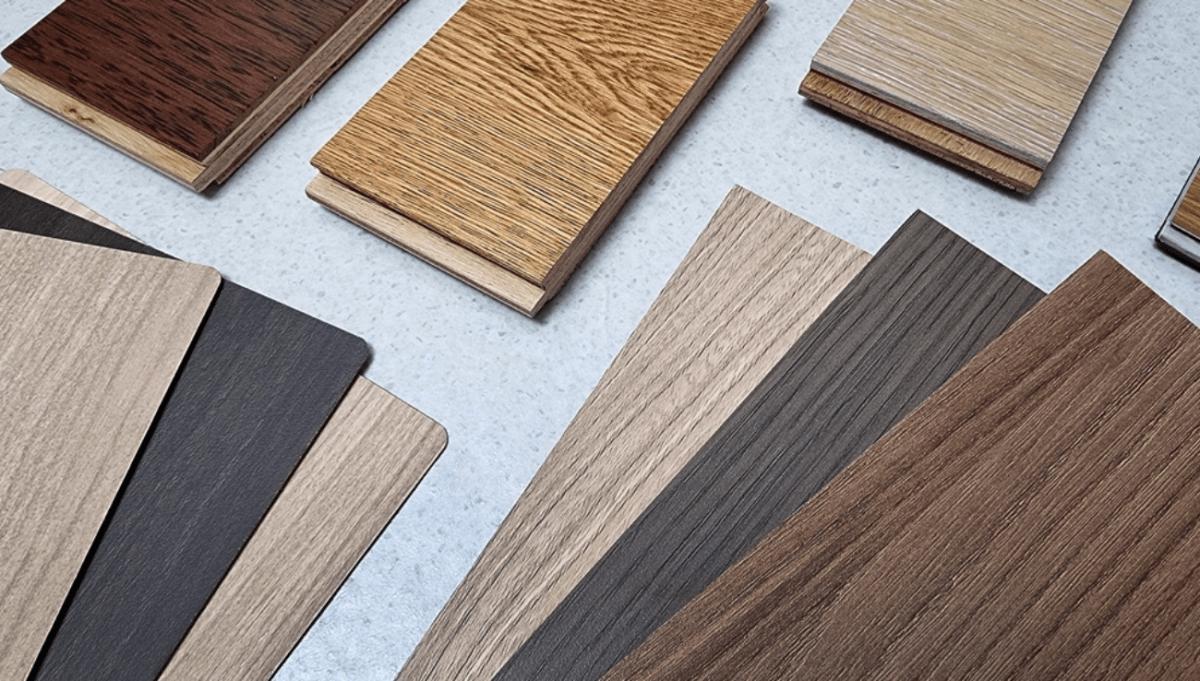When it comes to flooring options, Engineered Hardwood has gained immense popularity for its durability, aesthetic appeal, and versatility. However, with a wide range of options available in the market, choosing quality engineered hardwood can be a daunting task. In this comprehensive guide, we will walk you through the essential factors to consider when selecting the perfect Engineered Hardwood Flooring for your home.
Table of Contents
- Understanding Engineered Hardwood
- Benefits of Engineered Hardwood Flooring
- Determining Your Budget
- Selecting the Right Wood Species
- Grading and Quality
- Finish Options
- Thickness and Wear Layer
- Installation Methods
- Environmental Impact
- Maintenance and Care
- Warranty and Customer Support
- Comparison with Solid Hardwood
- Where to Buy Engineered Hardwood Flooring
- Popular Brands to Consider
- Conclusion: Making Your Choice
1. Understanding Engineered Hardwood
Engineered hardwood is a type of flooring that consists of multiple layers of wood pressed and glued together. The top layer, known as the wear layer, is real hardwood, while the lower layers are typically made of plywood or high-density fiberboard (HDF). This construction provides greater stability and resistance to moisture compared to solid hardwood.
2. Benefits of Engineered Hardwood Flooring
- Durability: Engineered hardwood is designed to withstand wear and tear, making it suitable for high-traffic areas.
- Aesthetic Appeal: It offers the elegance and beauty of real wood with various finishes and styles.
- Moisture Resistance: Engineered hardwood is less susceptible to moisture-related issues like warping and cupping.
- Easy Installation: Many options come with click-lock systems for straightforward installation.
- Compatibility with Underfloor Heating: Engineered hardwood can be used with radiant heating systems.
3. Determining Your Budget
Before you start shopping for engineered hardwood flooring, establish a budget. Prices can vary significantly, so knowing your budget will help narrow down your options and prevent overspending.
4. Selecting the Right Wood Species
Different wood species offer varying levels of hardness, color, and grain patterns. Common options include oak, maple, hickory, and cherry. Consider your aesthetic preferences and the level of foot traffic in your space when choosing a species.
5. Grading and Quality
Engineered hardwood is graded based on the appearance of the wood. Grades like Select, Natural, and Rustic indicate the level of imperfections and character in the wood. Choose a grade that aligns with your desired look.
6. Finish Options
Engineered hardwood flooring comes with a range of finish options, including matte, satin, and gloss. The finish affects the appearance and maintenance requirements, so choose one that suits your lifestyle.
7. Thickness and Wear Layer
Thicker planks with a substantial wear layer can be sanded and refinished multiple times, increasing the longevity of your flooring. Thicker boards are also more stable.
8. Installation Methods
Consider your DIY skills and the installation method that best suits your needs. Engineered hardwood can be glued down, nailed, stapled, or installed as a floating floor with a click-lock system.
9. Environmental Impact
If sustainability is a concern, look for engineered hardwood certified by organizations like the Forest Stewardship Council (FSC). These products are sourced responsibly.
10. Maintenance and Care
Regular cleaning and maintenance are essential to preserve the beauty of your engineered hardwood flooring. Follow the manufacturer's recommendations for cleaning products and methods.
11. Warranty and Customer Support
Ensure that the product you choose comes with a warranty that covers manufacturing defects. Additionally, consider the reputation of the manufacturer and their customer support.
12. Comparison with Solid Hardwood
Weigh the pros and cons of engineered hardwood against solid hardwood to make an informed decision that suits your lifestyle and preferences.
13. Where to Buy Engineered Hardwood Flooring
Research local and online retailers to find the best deals and options for your flooring project.
14. Popular Brands to Consider
Explore well-known brands such as Shaw, Mohawk, Armstrong, and Bruce when shopping for engineered hardwood flooring.
15. Conclusion: Making Your Choice
In conclusion, choosing quality engineered hardwood flooring involves careful consideration of factors such as wood species, grading, finish, thickness, and installation method. By following the guidelines provided in this article, you can make an informed decision that enhances the beauty and value of your home.
Frequently Asked Questions (FAQs)
Q. Is engineered hardwood better than solid hardwood?
A. Engineered hardwood has advantages in terms of moisture resistance and stability, making it a suitable choice for many homeowners. However, the choice between the two depends on your specific needs and preferences.
Q. How long does engineered hardwood flooring last?
A. With proper care and maintenance, engineered hardwood flooring can last for decades. The longevity also depends on the quality of the product and the thickness of the wear layer.
Q. Can I install engineered hardwood flooring in my basement?
A. Yes, engineered hardwood is a good option for basements due to its resistance to moisture. However, it's essential to follow proper installation guidelines to prevent issues.
Q. Do I need professional installation for engineered hardwood flooring?
A. While DIY installation is possible, hiring a professional installer ensures a flawless finish and minimizes the risk of errors.
Q. What is the cost difference between solid and engineered hardwood flooring?
A. Engineered hardwood is often more cost-effective than solid hardwood, but prices can vary based on the brand, quality, and wood species.





